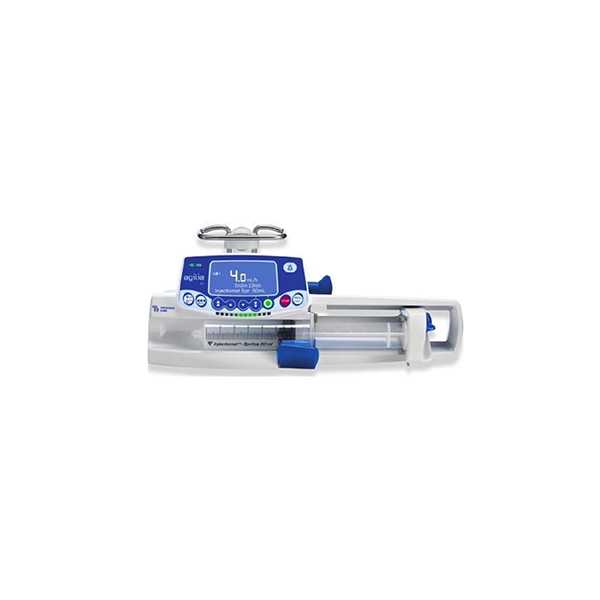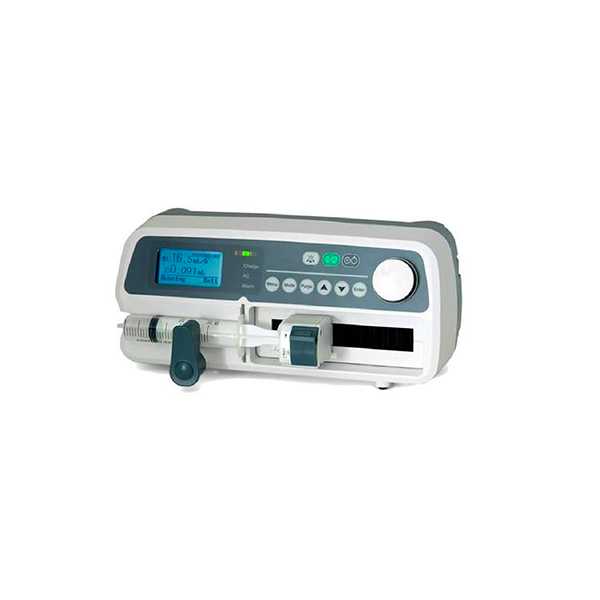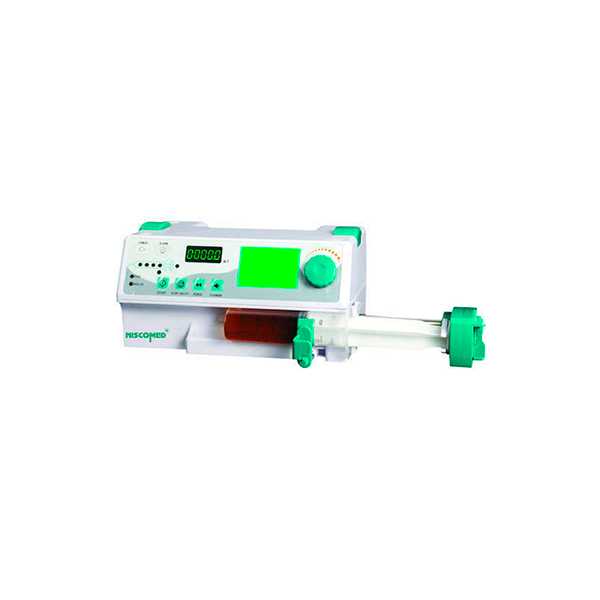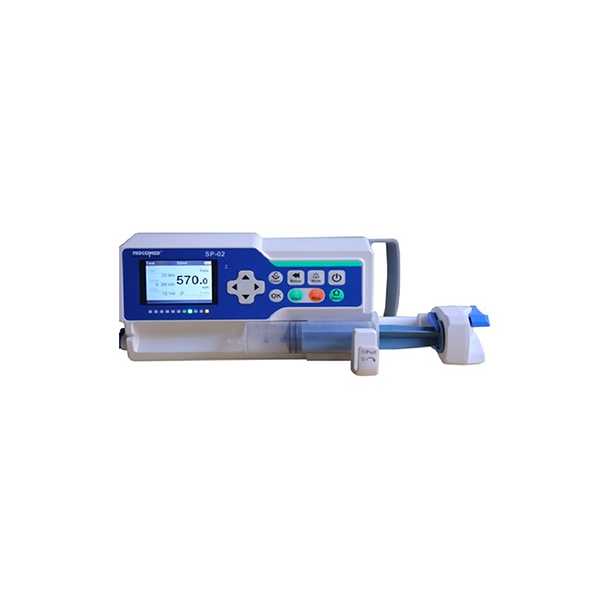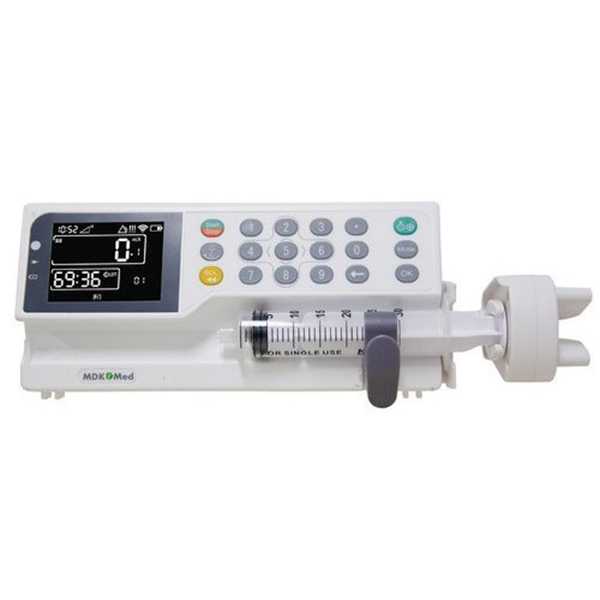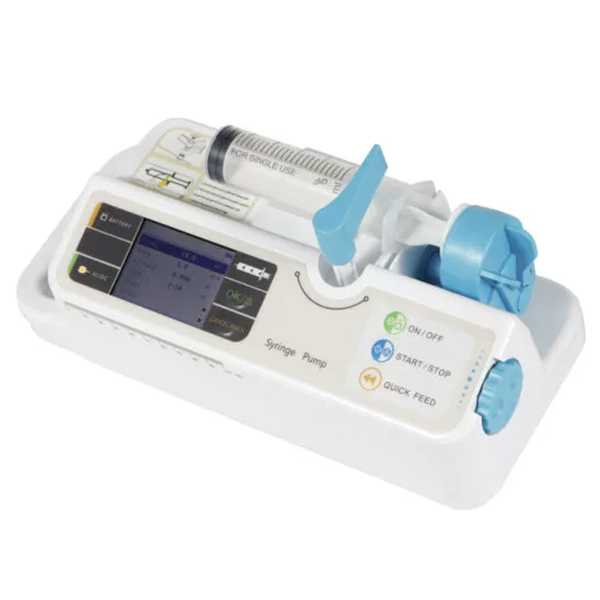syringe pump
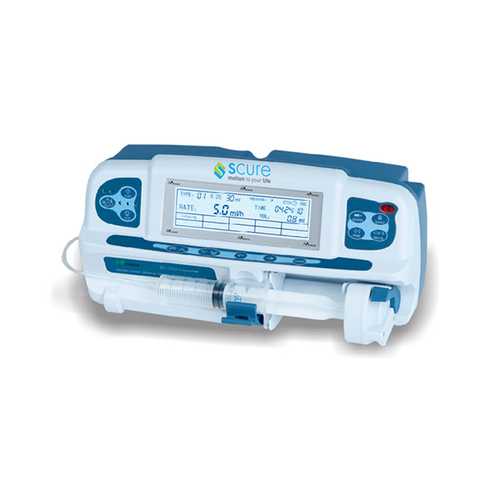
short description
Indicated for infusing nutrients, medications and drugs designed for gradual and small dosages of medicines to the patients Holds 1 Syringe from micro-litre sizes up to 60 mL
description
At Portea, we understand the importance of providing reliable and efficient equipment for syringe-dependent patients. Whether you need to rent or purchase a syringe pump, we offer a range of options tailored to your specific requirements.
Syringe pumps are designed to deliver medication at a precise and predetermined rate. Pharmaceutical companies have developed drugs compatible with syringe pumps, ensuring effective administration. These pumps are advantageous when medications need to be delivered through veins at a controlled rate.
Syringe pumps can deliver medications in small doses, ranging from 0.1 ml per hour to 200 ml per hour. The accuracy of the pump is specified by the manufacturer in their user manual, ensuring that the flow rate remains within the prescribed limits throughout the entire delivery duration. These pumps provide a smooth and consistent delivery on the whole administration period.
Whether you require a syringe pump for short-term or long-term use, our team at Portea can assist you in selecting the best pump and administration range to meet your specific needs. Contact us to discuss your requirements and benefit from our reliable syringe pump solutions.
specification
- Large format LCD/TFT display.
- Syringe range from 20-50/60 ml.
- A bolus rate up to 1000ml/hr for 50 ml syringe.
- A minimum flow rate range from 0.1 – 1200 ml/hr for 50ml syringe, 0.1 – 100 ml/hr for 20ml syringe and 0.1 – 60 ml/hr for 10ml syringe.
- A flow rate accuracy of ±2%
- Work with input 200 to 240Vac 50 Hz supply.
- A rechargeable battery with back up time of minimum 3 hours.
- Large-format LCD/TFT display.
faqs
1. What are syringe pumps used for?
Syringe pumps are primarily used for delivering precise amounts of fluids, including medications and nutrients, into the patient’s body in a controlled manner. They find applications in medical settings such as clinics, nursing homes, and hospitals, as well as in research studies. By ensuring accurate dosing and controlled infusion rates, syringe pumps are crucial in providing safe and effective medical care to patients.
2. What is the principle of a syringe pump?
The principle of a syringe pump involves the movement of a piston within a pump cylinder. The pump draws in the medium by the piston’s motion, while a valve controls the direction of the drawn-in medium into the appropriate channel. The piston continues to move, dispensing the medium from the pump to a dosing needle or another desired location for delivery. This mechanism allows for precise and controlled medium dosing using a syringe pump.
3. What are the main parts of the syringe pump?
The main parts of a syringe pump include a drum, piston, motor, drive screw or worm gear, and the syringe plunger. The drum holds the syringe while the motor operates the piston through the drive screw or worm gear. This mechanism enables the smooth and controlled movement of the syringe’s plunger, allowing for precise fluid delivery in the desired direction.
4. What is the pressure of the syringe pump?
The pressure generated by a syringe pump can vary depending on factors such as the syringe’s size and the pump’s specific model. In the example provided, using two 25 ml syringes on a PHD 22/2000 standard pressure syringe pump, the calculated pressure is approximately 38.81 PSI (2.68 bars). It’s essential to consult the specifications provided by the manufacturer or the user manual of a particular syringe pump to determine its pressure range and ensure it is suitable for the intended application.
Doctor Consultation
Nursing
Physiotherapy
Trained Attendant
Elder Care
Mother & Baby Care
Lab Tests
Medical Equipment
Speciality Pharma
Critical Care

